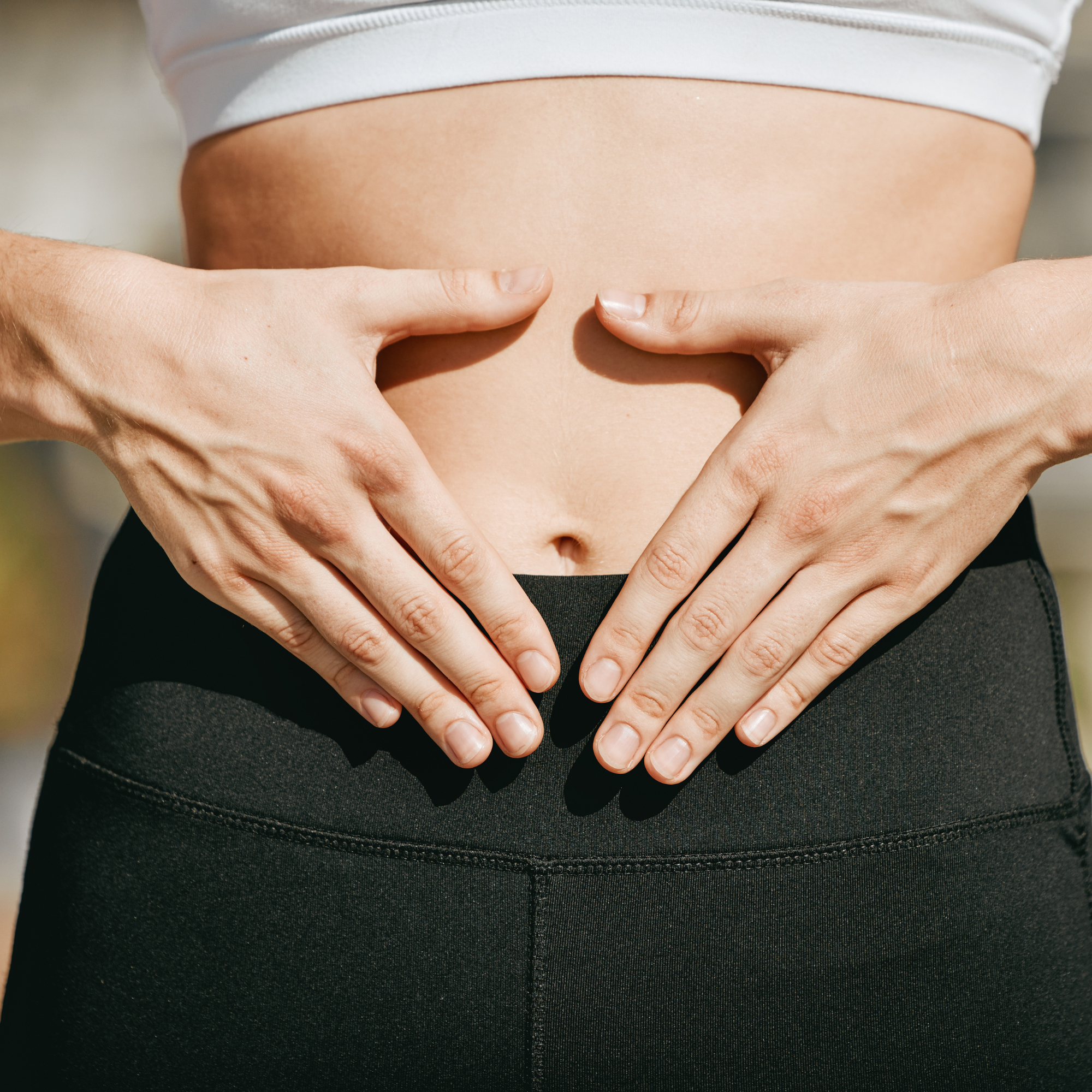Your gut is more than just a digestive organ—it’s a dynamic ecosystem that shapes both your mental and physical well-being. From influencing your mood and stress resilience to fueling your immune system and metabolism, the gut-brain connection is a powerful driver of whole-body health. Discover how taking care of your gut through diet, exercise, and stress management can unlock better wellness from the inside out.
The Gut: Your “Second Brain”
The gut is home to trillions of microorganisms—bacteria, viruses, and fungi—generally known as the gut microbiome. This complex community doesn’t just help break down food; it also communicates constantly with your brain through what scientists call the gut-brain axis. This two-way communication means that your gut can influence your emotions, and your emotional state can impact your gut health.
Mental Health: Mood, Stress, and the Microbiome
Recent research reveals that the gut microbiome directly influences mental health. Your gut actively produces key neurotransmitters—such as serotonin and dopamine—that help regulate your mood. When the balance of microbes in your gut shifts, you may become more susceptible to anxiety, depression, and difficulty managing stress. In fact, people who handle stress well often have a unique mix of gut microbes that support lower inflammation and a stronger gut barrier.
“The gut-brain axis shows the information the brain gets from the gut’s microbiome directly affects our cognitive processes along with every aspect of our physical and mental health.”
Physical Health: Immunity, Metabolism, and More
The gut microbiome is also essential for physical health. It helps regulate nutrient absorption, supports immune function, and keeps inflammation in check. A diverse and balanced gut microbiota is linked to a lower risk of chronic diseases, including obesity, diabetes, and inflammatory bowel disease.
The Role of Diet and Exercise
What you eat and how active you are both have a profound impact on your gut health:
- Diet: A nutrient-rich, high-fiber, and anti-inflammatory diet helps beneficial gut bacteria thrive, improving digestion and reducing inflammation.
- Exercise: Regular physical activity increases the diversity of your gut microbiome, which is associated with better metabolic and immune function. Exercise can also reduce the risk of colon cancer and inflammatory bowel disease, especially when paired with a healthy diet.
The Stress Connection
Stress doesn’t just affect your mind—it can disrupt your gut, leading to symptoms like cramps, nausea, or changes in bowel habits. Conversely, gut problems can worsen feelings of anxiety or depression. Managing stress through mindfulness, therapy, or relaxation techniques can improve both digestive and mental health.
Practical Steps for a Healthy Gut
- Eat a diverse, plant-based diet rich in fiber and fermented foods.
- Stay physically active with regular, moderate exercise.
- Manage stress through mindfulness, meditation, or therapy.
- Avoid unnecessary antibiotics, which can disrupt the microbiome.
- Consult your healthcare provider if you have persistent digestive or mental health symptoms.
At Thrive by Graham Behavior Services, our health and wellness coaching goes beyond quick fixes and one-size-fits-all solutions. We believe in empowering you to take charge of your well-being through evidence-based strategies and compassionate support. Whether your focus is on improving nutrition, increasing physical activity, managing stress, or achieving a more balanced lifestyle, our coaching is designed to meet you where you are and help you grow from there. With personalized goal-setting, ongoing encouragement, and expert guidance from our certified coach, you’ll gain the tools and confidence needed to make lasting, positive changes—so you can truly thrive in every aspect of your life.
Sources
- Harvard Health Publishing – The gut-brain connection
- Kent Hospital – The Gut-Brain Connection: Understanding How Gut Health Impacts Mental Health
- NPR – Your gut microbes may influence how you handle stress
- UCLA Health – New microbiome research reveals exercise may impact gut physiology
- PMC – Exercise Modifies the Gut Microbiota with Positive Health Effects
Disclaimer:
The information provided in this blog is intended for educational and informational purposes only and is not a substitute for professional medical advice, diagnosis, or treatment. If you have any health concerns or questions, please consult your healthcare provider or seek medical attention directly.

